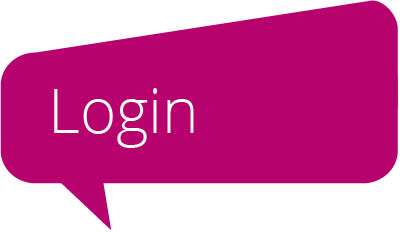- This topic has 2 replies, 3 voices, and was last updated 2 years, 11 months ago by
 kloo.
kloo.
-
AuthorPosts
-
-
5th May 2021 at 1:34 pm #125564
 WnmdmParticipant
WnmdmParticipantHello,
I was in an abusive relationship that ended (detail removed by moderator) and am now in a happy healthy relationship. However I am struggling emotionally and have been for some time.
Having spoken to the mental health team they think I may have emotional disregulation disorder stemming from being stressed for long periods of time, ie my past relationship/bullying at school.
I googled this and Borderline Personality Disorder came up, unsure if this is just another name for emotional disregulation or if they’re just similar, does anyone have any experience?
Can abuse cause personality disorders? It was emotionally, physically and sexually abusive. Or do I just have something wrong with my personality and can’t control my emotions.
-
5th May 2021 at 3:43 pm #125568
 HawthornParticipant
HawthornParticipantHi there,
Really sorry to hear you have been struggling and things have been so tough for you. Really well done for reaching out to your local mental health team and here. Having emotional disregulation disorder is just a label, a fancy way to describe difficulty controlling your emotions. It doesn’t mean there is “something wrong” with your personality or with you, it just means you struggle to regulate your emotions.
Yes being abused for a long, or even short time, has a big effect on how we regulate our emotions and how they manifest in our bodies. It is because of the trauma we are exposed to. It’s like being in a war zone.
Your mental health team should be offering you trauma focused support. Try reading The Body Keeps the Score by Bessel Van der Kolk. It’s an excellent resource and will help you understand not only how the abuse has affected your brain and body, but also techniques to recover and heal. It is a journey but healing is possible. Keep reaching out xx -
21st May 2021 at 11:37 am #126142
 klooParticipant
klooParticipantHi there,
I completely relate to how you’re feeling. I was diagnosed with BPD when I was younger, whilst I was in an abusive relationship. The diagnosis came after a traumatic period in my life, and the abuse I experienced then exacerbated this, and I still struggle after having left and started a new relationship. From what I’ve read about emotional regulation disorder, traumatic events and periods of time can definitely trigger these difficulties. But that doesn’t mean that there is something fundamentally wrong with you – when you’ve been through one, or even a series of horrendous experiences, it takes such a toll mentally and emotionally. From my experience, it’s made me expect the worst from people and prepare for more heartache and sadness, because it’s the majority of what I’ve experienced for many years. Having a support network around you in your healing process is so important, I have a couple of really good friends who know exactly what I’m going through, and their support in reassuring me and being there for me has made such a difference.
A diagnosis can feel overwhelming, and I initially felt that I was going to have this label for the rest of my life. But after learning a bit more about it, through therapy and research, you can see that it’s the brain’s response to trauma. Be kind to yourself, you’ve been through an unspeakably horrendous experience, and it takes time to heal. It’s great that you’re in touch with a mental health team, and I hope that they can direct you to some therapy that will help you learn the tools to continue your healing journey. I’m on a waiting list for CBT, which I’ve heard some great things about. It’s still a daily struggle, and in the meantime, I bought this workbook on DBT, which is similar to CBT but aimed towards those of us with difficulties regulating our emotions. It’s called The Dialectical Behavior Therapy Skills Workbook: Practical DBT Exercises for Learning Mindfulness, Interpersonal Effectiveness, Emotion Regulation and Distress Tolerance. I’ve been working through it slowly, and what I’ve discovered so far has been really encouraging, and the exercises I’ve used so far for distressing experiences have really helped turned the heat down on my emotional responses. It sounds so cheesy but it really is just taking things one day at a time, and taking small steps to continue the healing process.
Look after yourself, it takes time but you can do it x
-
-
AuthorPosts
- You must be logged in to reply to this topic.


